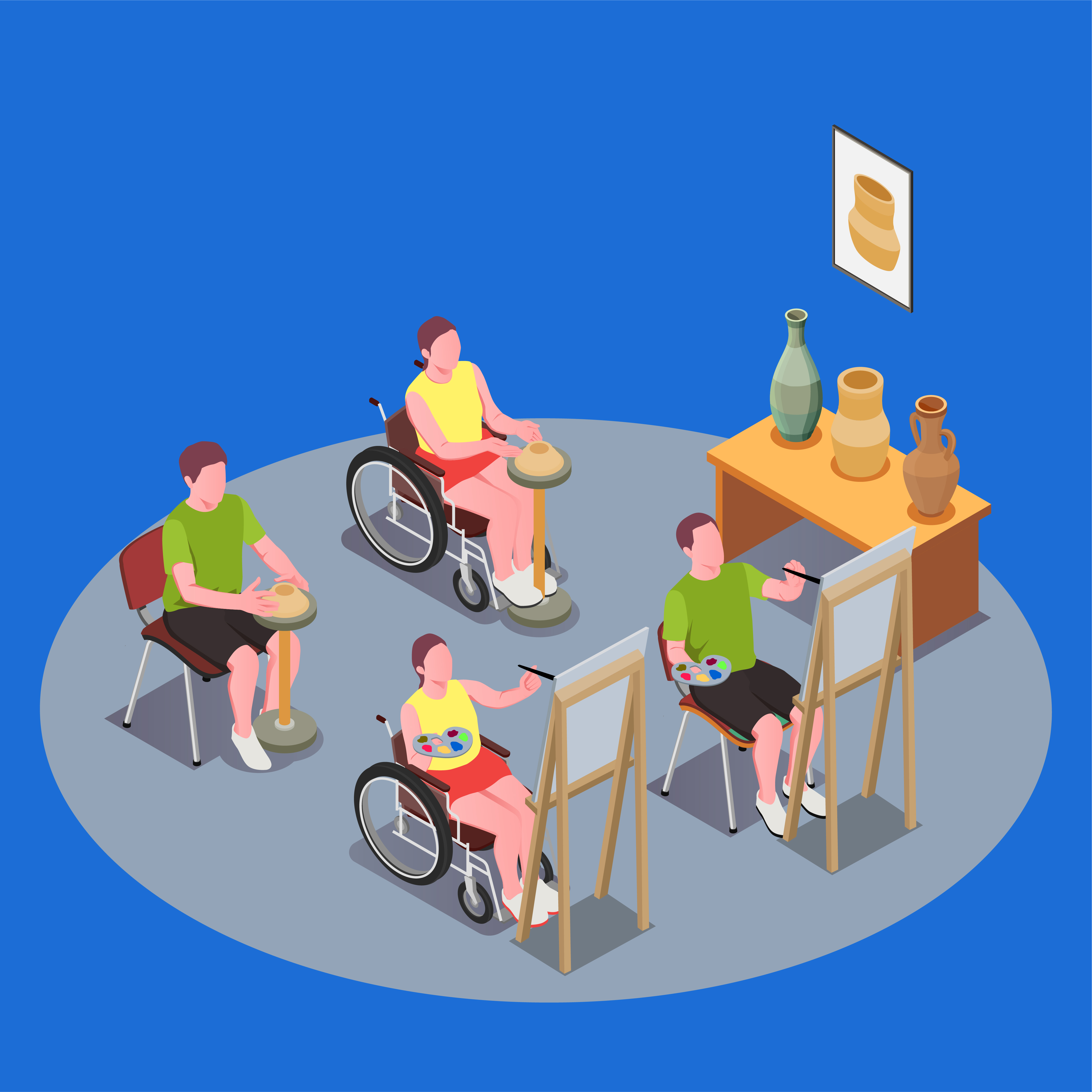
Coping Strategies for Individuals Living with Paralysis
Introduction: Living with paralysis presents unique challenges, but coping strategies can help individuals navigate daily life and maintain their well-being. However, hormonal imbalances can influence how effectively these coping strategies work. In this blog, we’ll explore coping strategies for paralysis and the role of hormonal imbalances.
Understanding Coping Strategies for Paralysis: Coping strategies for paralysis focus on enhancing physical, emotional, and social aspects of life. These strategies aim to promote independence, improve quality of life, and manage the psychological impact of paralysis.
Coping Strategies:
- Building a Support Network:
- Connecting with family, friends, and support groups can provide emotional support and practical assistance in managing daily tasks. Hormonal imbalances may affect mood and social interactions, impacting the ability to build and maintain a support network.
- Developing Adaptive Skills:
- Learning adaptive techniques and utilizing assistive devices can help individuals with paralysis perform daily activities independently. Hormonal imbalances may influence energy levels and cognitive function, affecting the ability to learn and implement adaptive skills.
- Seeking Counseling or Therapy:
- Counseling or therapy can help individuals cope with the emotional and psychological challenges of paralysis. Hormonal imbalances can contribute to mood swings, anxiety, and depression, highlighting the importance of addressing mental health needs.
Understanding Imbalances: Hormonal imbalances can affect mood, energy levels, and cognitive function, which are essential for implementing coping strategies effectively. Recognizing and addressing these imbalances is crucial for improving overall well-being and quality of life.
Conclusion: Coping with paralysis requires resilience, adaptability, and support from healthcare professionals, caregivers, and the community. By understanding the role of hormonal imbalances in influencing coping strategies, individuals living with paralysis can take proactive steps to manage their condition and enhance their quality of life.
To seek medical advice, always consult a Doctor. Here are our recommended experts. Click Here
To read more on Paralysis. Click Here


